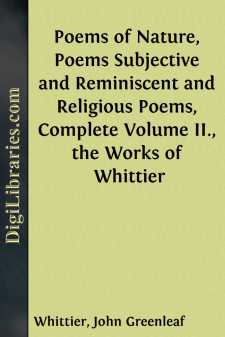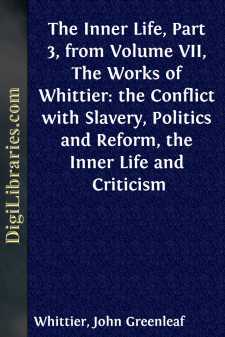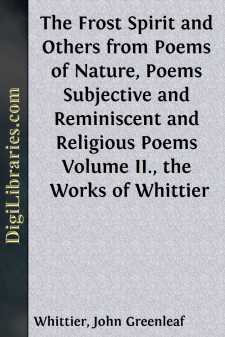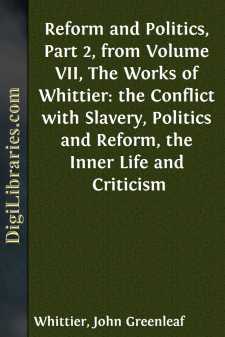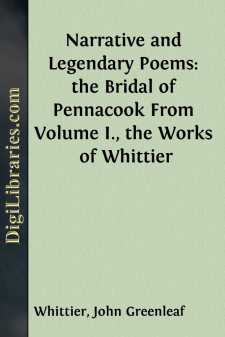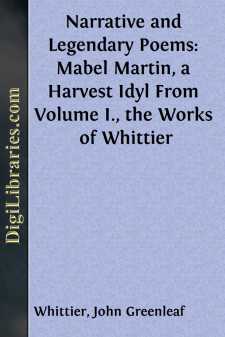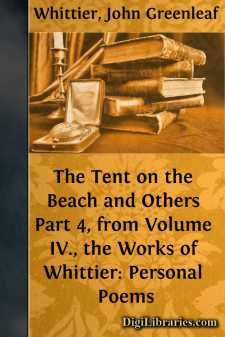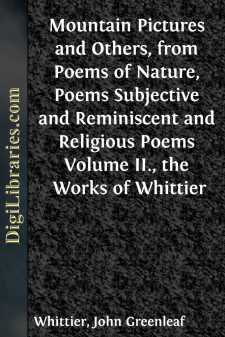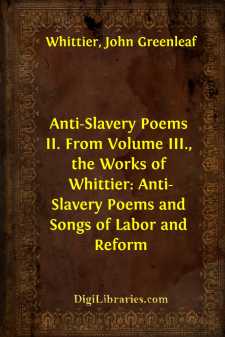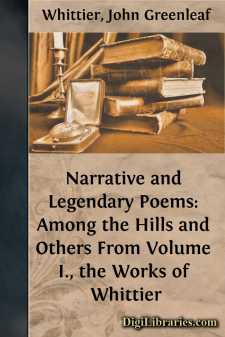Categories
- Antiques & Collectibles 13
- Architecture 36
- Art 48
- Bibles 22
- Biography & Autobiography 815
- Body, Mind & Spirit 144
- Business & Economics 28
- Children's Books 18
- Children's Fiction 14
- Computers 4
- Cooking 94
- Crafts & Hobbies 4
- Drama 346
- Education 58
- Family & Relationships 59
- Fiction 11834
- Games 19
- Gardening 17
- Health & Fitness 34
- History 1378
- House & Home 1
- Humor 147
- Juvenile Fiction 1873
- Juvenile Nonfiction 202
- Language Arts & Disciplines 89
- Law 16
- Literary Collections 686
- Literary Criticism 179
- Mathematics 13
- Medical 41
- Music 40
- Nature 179
- Non-Classifiable 1768
- Performing Arts 7
- Periodicals 1453
- Philosophy 65
- Photography 2
- Poetry 896
- Political Science 203
- Psychology 44
- Reference 154
- Religion 515
- Science 126
- Self-Help 85
- Social Science 82
- Sports & Recreation 34
- Study Aids 3
- Technology & Engineering 59
- Transportation 23
- Travel 463
- True Crime 29
Our website is made possible by displaying online advertisements to our visitors.
Please consider supporting us by disabling your ad blocker.
Personal Poems II Part 2, from Volume IV., the Works of Whittier: Personal Poems
Description:
Excerpt
THE CROSS.
Richard Dillingham, a young member of the Society of Friends, died in the Nashville penitentiary, where he was confined for the act of aiding the escape of fugitive slaves.
"The cross, if rightly borne, shall be
No burden, but support to thee;"
So, moved of old time for our sake,
The holy monk of Kempen spake.
Thou brave and true one! upon whom
Was laid the cross of martyrdom,
How didst thou, in thy generous youth,
Bear witness to this blessed truth!
Thy cross of suffering and of shame
A staff within thy hands became,
In paths where faith alone could see
The Master's steps supporting thee.
Thine was the seed-time; God alone
Beholds the end of what is sown;
Beyond our vision, weak and dim,
The harvest-time is hid with Him.
Yet, unforgotten where it lies,
That seed of generous sacrifice,
Though seeming on the desert cast,
Shall rise with bloom and fruit at last.
1852.
THE HERO.
The hero of the incident related in this poem was Dr. Samuel Gridley Howe, the well-known philanthropist, who when a young man volunteered his aid in the Greek struggle for independence.
"Oh for a knight like Bayard,
Without reproach or fear;
My light glove on his casque of steel,
My love-knot on his spear!
"Oh for the white plume floating
Sad Zutphen's field above,—
The lion heart in battle,
The woman's heart in love!
"Oh that man once more were manly,
Woman's pride, and not her scorn:
That once more the pale young mother
Dared to boast `a man is born'!
"But, now life's slumberous current
No sun-bowed cascade wakes;
No tall, heroic manhood
The level dulness breaks.
"Oh for a knight like Bayard,
Without reproach or fear!
My light glove on his casque of steel,
My love-knot on his spear!"
Then I said, my own heart throbbing
To the time her proud pulse beat,
"Life hath its regal natures yet,
True, tender, brave, and sweet!
"Smile not, fair unbeliever!
One man, at least, I know,
Who might wear the crest of Bayard
Or Sidney's plume of snow.
"Once, when over purple mountains
Died away the Grecian sun,
And the far Cyllenian ranges
Paled and darkened, one by one,—
"Fell the Turk, a bolt of thunder,
Cleaving all the quiet sky,
And against his sharp steel lightnings
Stood the Suliote but to die.
"Woe for the weak and halting!
The crescent blazed behind
A curving line of sabres,
Like fire before the wind!
"Last to fly, and first to rally,
Rode he of whom I speak,
When, groaning in his bridle-path,
Sank down a wounded Greek.
"With the rich Albanian costume
Wet with many a ghastly stain,
Gazing on earth and sky as one
Who might not gaze again.
"He looked forward to the mountains,
Back on foes that never spare,
Then flung him from his saddle,
And placed the stranger there.
"'Allah! hu!' Through flashing sabres,
Through a stormy hail of lead,
The good Thessalian charger
Up the slopes of olives sped.
"Hot spurred the turbaned riders;
He almost felt their breath,
Where a mountain stream rolled darkly down
Between the hills and death.
"One brave and manful struggle,—
He gained the solid land,
And the cover of the mountains,
And the carbines of his band!"
"It was very great and noble,"
Said the moist-eyed listener then,
"But one brave deed makes no hero;
Tell me what he since hath been!"
"Still a brave and generous manhood,
Still an honor without stain,
In the prison of the Kaiser,
By the barricades of Seine....



